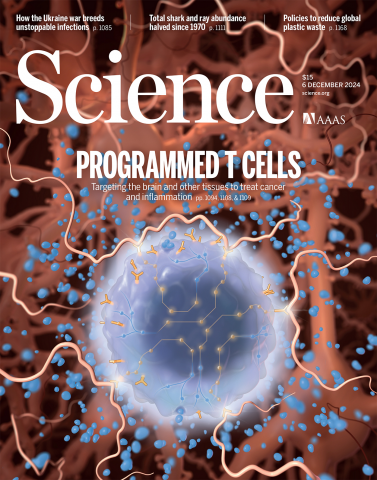Western democracies are losing the technology competition and U.S. leadership is being challenged scientifically on the global stage, warns an editorial in Science, the journal of the American Association for the Advancement of Science. The article, shared by Honolulu ARCS Scholar alumna and ScienceAdvisor newsletter editor Christie Wilson, cites Australian Strategic Policy Institute data indicating that –
- China leads in 37 of 44 critical technologies, from advanced materials and quantum physics to robotics, biotechnology, and artificial intelligence.
- 20% of high-impact academic papers in STEM fields are written by researchers in China who were educated in the West.
"This is an alarming indication that the West may be slipping in the kind of scholarly leadership that drives innovative thinking, knowledge generation, evidence based problem-solving, and societal progress," the article warns. None of the nation’s 17 intelligence agencies systematically scan the scientific and technological horizon to determine where innovation is most threatening, it points out. "The consequences are not merely academic. If the trend does not change quickly, risks to economic stability and national security will grow."
The Dec 6 editorial calls for a response akin to the passage of the 1958 National Defense Education Act to bolster the country’s education system and meet the demands posed by competition in science and technology. "This renewed effort should prioritize advanced education for precollege teachers in science and mathematics and offer an array of scholarships for undergraduate and graduate students in science, technology, engineering, and mathematics (STEM), particularly at public universities that have kept the cost of quality education reasonable."
Which just goes to show that the mission of ARCS Foundation — founded that same year and also in response to the Soviet launch of Sputnik — is as more important than ever. Your support is critical. Donate to ARCS Foundation nationally or contribute to your local chapter.

